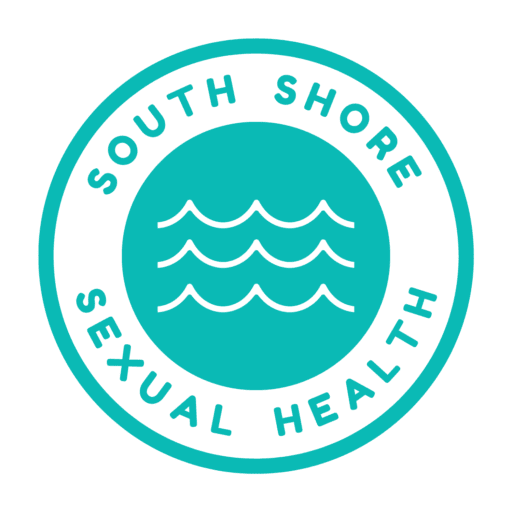South Shore Sexual Health is calling on our next government to ensure that sexual health becomes a priority when addressing the health care crisis in Nova Scotia.
As an organization that works to improve sexual health across the South Shore, we are increasingly frustrated by the shoestring budget we have to address health inequities to some of our most marginalized citizens including youth and members of the 2SLGBTQ* and BIPOC communities.
Our organization sees first-hand the lack of primary health care available in our rural area. We field many requests from folks unable to access sexually transmitted and blood borne infection (STBBI) testing, trans and non-binary health care, as well as counselling for sexualized violence. Many of these people have no primary health care provider, nor funds to access mental health professionals when the public system turns them away.
Ironically, we regularly get referrals from the Nova Scotia Health Authority and 811 to provide STBBI testing, pregnancy care, mental health counselling, free safer sex supplies, free menstrual supplies, and trans health services. Unfortunately, we are not provided anywhere near the funding to accomplish this.
Furthermore, our local centre for education, and school with the Conseil scolaire acadien provincial, rely on us to support students in 27 schools with best practice sexual health education and one-on-one support. Such crucial education includes safer sex, puberty, pregnancy options, consent, and 2SLGBTQ* inclusive language—all proven to improve sexual health outcomes and reduce sexualized violence when provided by well-trained and non-judgmental experts. We also provide gender-affirming gear, menstrual supplies, and safer sex supplies to students through teachers, guidance counsellors, and Schools Plus. We receive $0 from the Department of Education and Early Childhood Development to support youth.
Our centre’s operational funding is $35,000 indirectly from the Department of Health and Wellness to be sexual health advocates, educational experts, supportive listeners, healthcare navigators, and health promoters. From this $35,000, we must pay staff, rent, insurance, and safer sex supplies including menstrual products for our communities. This inadequate funding leaves us with no choice but to close several months every year, leaving vulnerable people without access to sexual health support here on the South Shore. This includes our latest venture, which is distributing self-tests for HIV.
Sexual health organizations are woefully under-resourced, especially in contrast to similar organizations like women’s centres and transition houses. For example, each women’s centre gets over $200,000 annually per centre to operate; our parent Sexual Health Nova Scotia gets about $300,000 to cover the whole province each year. By the time this shakes down to local centres, it looks like $35,000 per centre. Our catchment area is Lunenburg and Queens although we get requests for services from places like Middleton and Yarmouth.
We want our government to address this lack of sexual health support and services in Nova Scotia. This looks like addressing gaps in primary health care and mental health while ensuring we, as sexual health experts, are able to engage in preventative work with youth in the schools. Only with increased funding to community groups like us will we be able to address the health disparities resulting from insufficient access to sexual health services.
We are ready to be active participants in improving the health of our communities, and call on our government to support us so we can work to better access to health and well-being.
For more information, please contact:
Julie Veinot
Executive Director
(902) 527.2868
southshoresexualhealth@gmail.com
southshoresexualhealth.com
